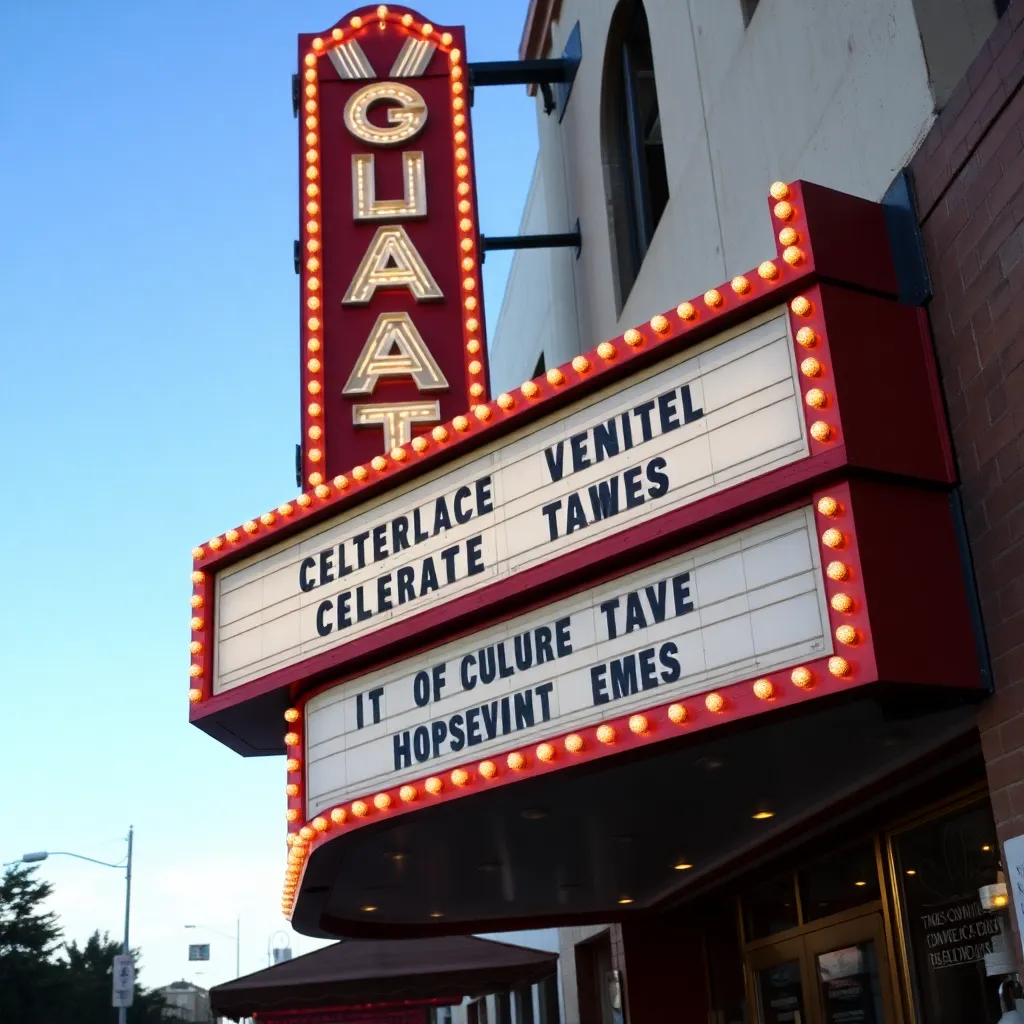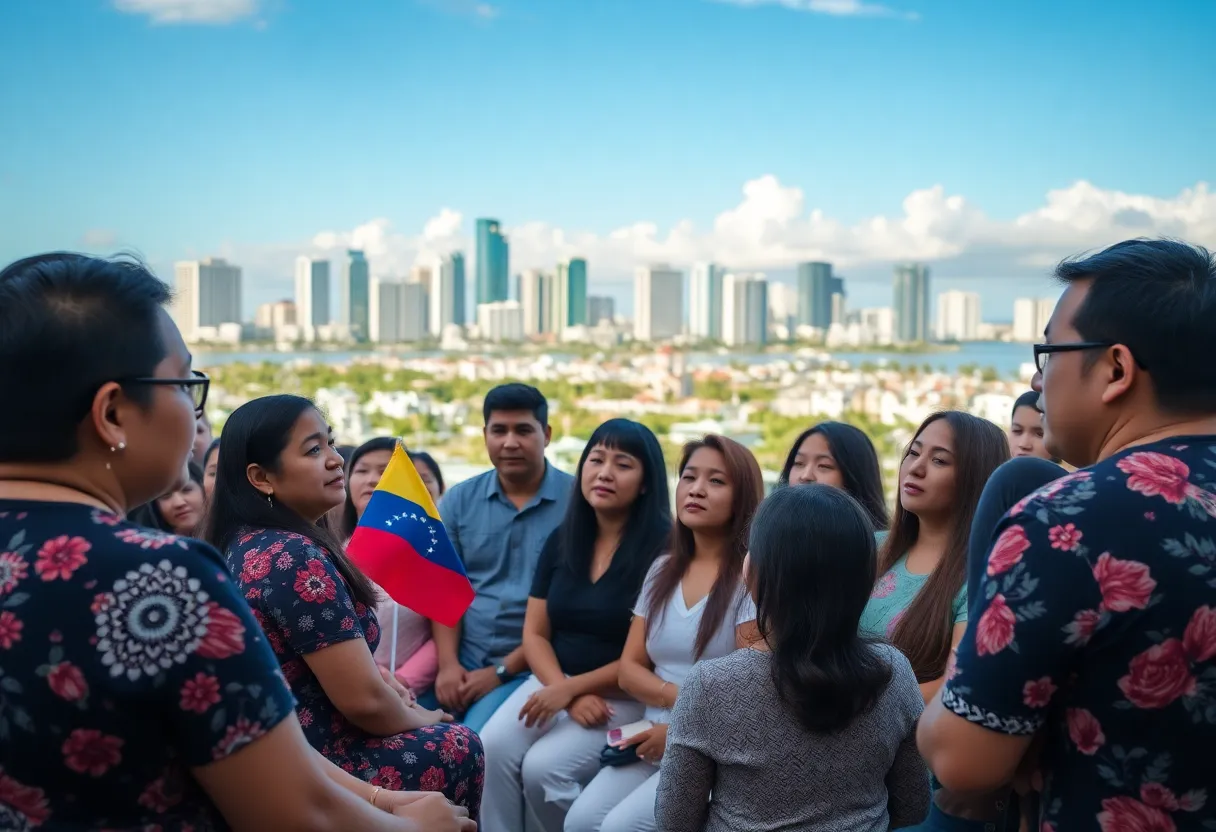Orlando’s Vogue Theater: A History of Challenges and Changes
Orlando, Florida – The Vogue Theater, a significant cultural landmark in Orlando, opened its doors on December 25, 1940, showcasing a silver screen debut with the film Four Mothers. Located at the corner of Colonial Drive and Mills Avenue, this streamline moderne-style building stood as a beacon for movie-goers for over three decades. Despite its charming exterior and an array of classic films, the Vogue’s history was marked by both cinematic achievement and social controversy.
Key Events in Vogue’s Journey
Throughout its tenure, the Vogue Theater showcased well-known films such as The Spiral Staircase (1946), South Pacific (1958), and The Birds (1963). However, the theater’s administration faced various controversies. In April 1963, it filed a lawsuit against multiple film corporations and local competitors, claiming they had formed a monopoly that thwarted the Vogue’s success. This pattern of legal issues would soon turn against the venue itself.
On August 1, 1964, the Vogue was publicly criticized after an incident involving an African American couple, John and Yvonne Twitty. The couple was denied entrance to the theater purely based on their race, just weeks after the Civil Rights Act was enacted. This act aimed to eliminate discrimination in public places and was a pivotal moment in American history.
The Twitty Case: A Turning Point
The Twittys recognized the incident as a blatant act of discrimination and decided to take legal action. Their federal lawsuit against Vogue Theater Inc. would soon be a historic case. The hearing on February 18, 1965 revealed a shocking statement from the theater’s manager, who admitted that the venue had a policy of barring African Americans from entry. According to his testimony, this was a well-established practice.
The case, heard by Judge Young on March 9, 1965, led to a ruling that ordered the Vogue Theater to cease its discriminatory practices under the new civil rights legislation. This decision marked a significant moment for integration within public venues, being one of the first cases revolving around the accommodation section of the Civil Rights Act.
The Rise and Decline of Vogue Theater
By 1968, the Vogue Theater transitioned to an art cinema, catering to audiences that favored independent and international films. Despite this shift, it continued to attract controversy. In October 1969, local authorities seized an adult film from the theater, although subsequent legal actions led to the case being dismissed.
Despite its noteworthy efforts to adapt and remain relevant, the Vogue Theater struggled to draw in crowds. Ultimately, 1971 marked the end of an era as the theater was demolished after the zoning commission declared the land better suited for a gas station. While the building is no longer there, the stories and societal impacts associated with the Vogue Theater resonate within the community.
Legacy of the Vogue Theater
Although the Vogue Theater provided entertainment for many, it also exemplified the cultural struggles of its time. Its legacy serves as a reminder that institutions must evolve to align with changing societal norms or risk being left behind. The tale of the Vogue stands as both a cautionary and inspirational narrative in the history of Orlando’s cinema.







